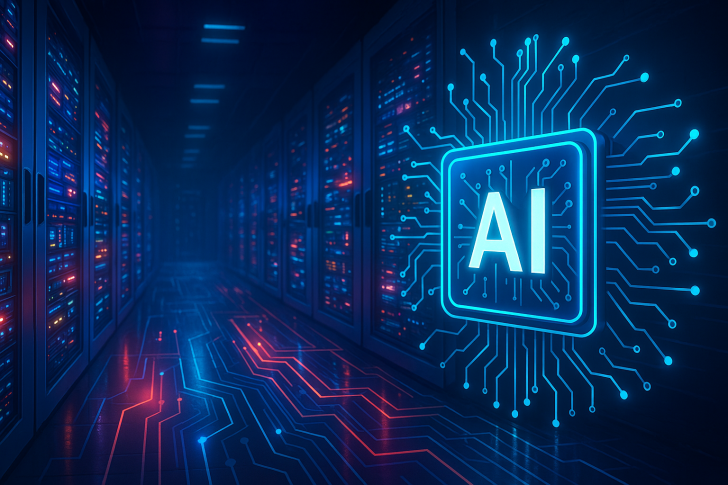⬤ Google CEO Sundar Pichai recently shared his take on the AI explosion, acknowledging that some parts of this cycle look a bit irrational. That said, he's confident the underlying foundation is rock solid. The buildout happening around compute power, energy infrastructure, and automation is turning into one of the most significant industrial expansions we're seeing right now. Pichai's point is clear: AI isn't just another tech fad—it's fundamentally changing how productivity works.
⬤ Pichai's framing is interesting. He compares AI's role in productivity to how the internet became the backbone of distribution. In other words, AI is becoming the essential input that drives output and efficiency across industries. Google is betting big on this shift, expanding its data capabilities, model infrastructure, custom hardware, and distribution reach. The goal is to deliver real-world AI systems at a massive scale across multiple products and platforms.
⬤ What gives Google an edge is its integrated position in the AI ecosystem. The company has data assets, proprietary chips, global reach, and cutting-edge models all working together. This lets Google build end-to-end AI solutions covering training, inference, and deployment. Pichai admits some corners of the AI landscape are behaving irrationally, but the core infrastructure supporting AI-driven productivity keeps getting stronger.
⬤ The bigger picture here is about long-term economic transformation. If AI really does become a fundamental productivity input, the companies controlling large-scale compute, automation, and deployment will play a major role in shaping future growth. For Google, this outlook reinforces confidence in ongoing demand for AI infrastructure and highlights the structural forces driving the next wave of compute and power-driven expansion.
 Saad Ullah
Saad Ullah

 Saad Ullah
Saad Ullah


